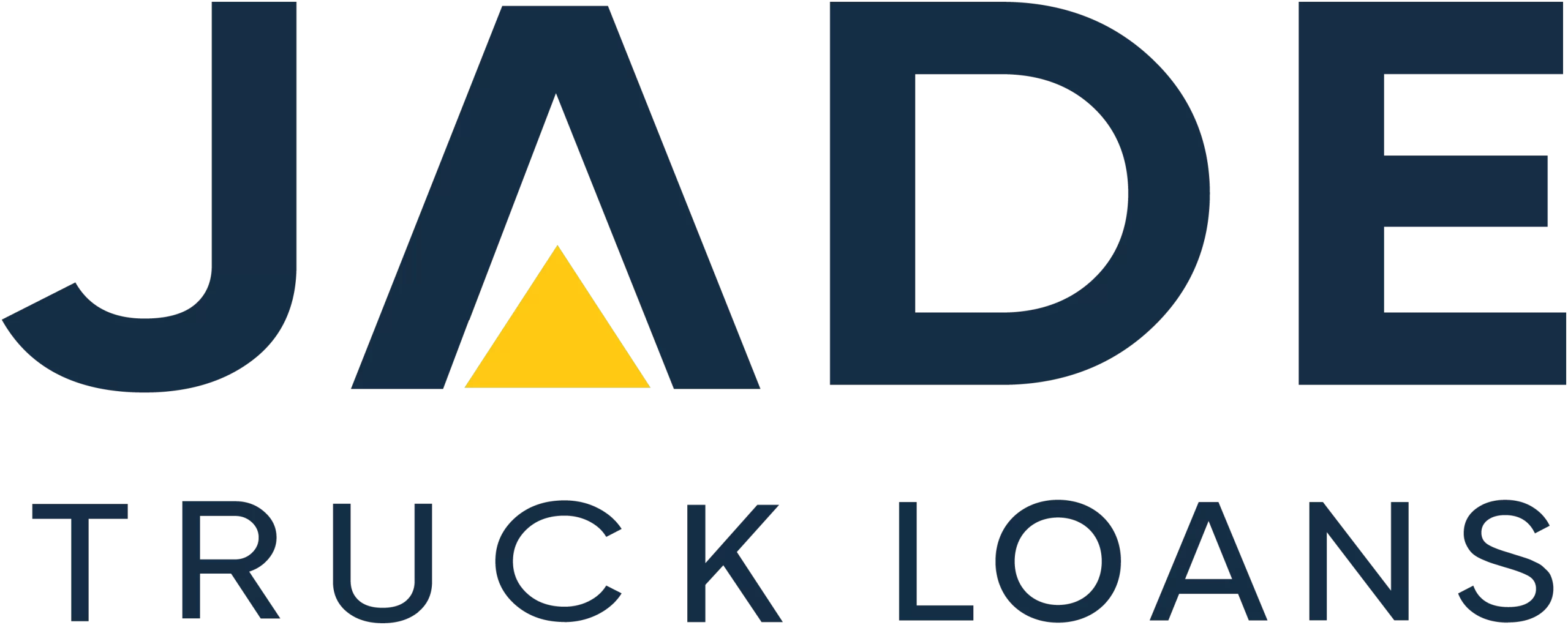There has been a lot going on across the country in regard to COVID-19 lately with multiple states thrown into lockdown and in a major shock to many trucking businesses, NSW calling a 14-day halt in the construction sector. There is certainly plenty of facts, figures and press conferences to stay across to ensure you know what you can and can’t do, what support is available and still keep working on your business plans.
But for those that keep an eagle eye on the interest rate scene, you may have noticed a recent announcement that sparked additional attention – the recent unemployment figures of 4.9%. For those understandably preoccupied with other matters, we explain why 4.9% could be significant to the truck loan and other finances.
The announcement coincided with the persistence of an extended lockdown in NSW, while other states had just emerged from sudden lockdown measures. Treasurer Josh Frydenberg, although pleased with the outcome, seemed to approach the situation cautiously, refraining from excessive celebration.
Looking back to the same period last year, analysts, economists, and even the Federal Government were preparing for a potential surge in unemployment rates exceeding 10%. However, the Australian economy has proven resilient against such predictions (kudos, Team Australia!), as evidenced by the consistent decline in unemployment figures across recent reporting intervals. This achievement holds significance due to the interconnectedness between unemployment rates and interest rates, which play a pivotal role in influencing truck loans and other costs related to business finance.
Interest Rates and Unemployment
The Reserve Bank of Australia (RBA) is responsible for determining the official cash rate, which can be understood as the interest rate at which banks and lenders acquire a portion of their funding. As a component of their efforts to stimulate the economy, the RBA Board substantially reduced the official cash rate to a historic low of 0.1% during the course of 2020.
This official cash rate serves as a foundational reference point for lenders to establish the interest rates they apply to different types of loans. The RBA considers a range of indicators closely when making decisions about potential adjustments to interest rates during their monthly board meetings.
Over the past few months, in the statement which accompanies each RBA interest rate decision, the Governor, Dr Philip Lowe, has repeatedly stated that the key indicators they are watching are inflation and unemployment. Looking for sustained inflation in the range of 2-3%, up from the current 1+% and unemployment below current levels.
The unemployment rate in Australia has reached a noteworthy milestone by falling below 5%, currently standing at 4.9%. This marks the lowest level of unemployment in over a decade for the country, just slipping under the critical 5% mark. However, the likelihood of this sub-5% unemployment figure directly triggering an increase in interest rates is relatively slim, especially in the current context.
Various analysts indicate that the Reserve Bank of Australia (RBA) might be eyeing a level even lower than the low 4s or potentially below 4% in terms of unemployment. Governor Philip Lowe has consistently emphasized that both inflation and unemployment need to reach sustainable levels before the RBA would contemplate raising interest rates. He has also consistently projected a timeline of around 2024 for such considerations.
Considering the present circumstances, the extended lockdown in Sydney and the subsequent lockdown in Victoria are factors that will likely impact the unemployment rate. With around 12 million Australians under COVID-19 restrictions and many businesses facing challenges, there is a real possibility that unemployment could increase due to the current conditions.
The RBA Board's next meeting to discuss interest rates is scheduled for Tuesday, August 3rd, shortly after the anticipated end of the Greater Sydney lockdown. These meetings are usually closely watched by the financial sector, including the Jade Truck Loans team, and the announcement made during that meeting will be awaited with keen interest.
Interest Rate Moves and Truck Loans
Interest rates generate significant interest, particularly in the context of the home mortgage market. Within this market, loans can be structured with either variable rates or fixed rates, though the fixed rates typically remain unchanged for only a limited period within the entire loan duration. This contrasts markedly with the heavy vehicle finance sector.
We provide fixed interest rate truck loans across our loan portfolio and these low rates are actually fixed/constant for the entire finance term. So any move in interest rates, even a small basis point, during a truck loan term, will not affect existing truck loans. So a truck loan arranged at the current rates will remain at that repayment level for the full term, which can be up to 7 years.
The interest rates established by our banks and lenders are certainly influenced by the official cash rate set by the Reserve Bank of Australia. However, it's worth noting that global factors affecting their ability to source funding can also have an impact on the local interest rate market. Interest Rate Determining Factors are multifaceted, encompassing both local and global variables that contribute to the fluctuations in interest rates, shaping the financial landscape in intricate ways.
Interest rates differ across lending types with Chattel Mortgage for Trucks offering the lowest rate. Refer to our Truck Finance Interest Rate Table to see what current rates we are achieving across our finance portfolio.
Fixed, cheap rate truck loans can be achieved for all types of business operators including sole traders, owner-operators, family businesses as well as SMEs and large operators. We also offer specialist services to ensure cheap truck loans for businesses that don’t have all the financial documents that many banks request – low docs and no docs truck loans, and for those with credit issues. Our expertise extends across a wide spectrum, covering various financial situations, and encompassing specialized solutions, including Commercial Heavy Vehicle & Truck Loans. This inclusive approach ensures that businesses of diverse scales and circumstances can access tailored financing options.
It's possible that unemployment figures could fluctuate in the upcoming reporting periods, but there's hope that they will stabilize or even continue to decrease after the recent COVID-19 outbreaks. The Reserve Bank of Australia (RBA) is projecting an increase in the official cash rate around 2024, as it anticipates achieving sustained 2-3% inflation by that time. In the meantime, our customers seeking truck loans can take advantage of low-interest rates for their new finance deals.
Contact 1300 000 003 for a quote on a truck loan.
DISCLAIMER: THIS INFORMATION IS ISSUED PURELY FOR THE PURPOSE OF GENERAL INFORMATION PROVISION. IT IS NOT TO BE TAKEN AS THE ONLY SOURCE OF INFORMATION FOR BASING FINANCIAL DECISION-MAKING. THOSE REQUIRING FINANCIAL GUIDANCE AND ADVICE SHOULD CONSULT WITH THEIR FINANCIAL CONSULTANT OR ADVISOR. NO LIABILITY IS ACCEPTED FOR ANY MISREPRESENTATION OF POLICIES, DATA OR ERRORS IN THIS CONTENT.


 " alt="">
" alt="">